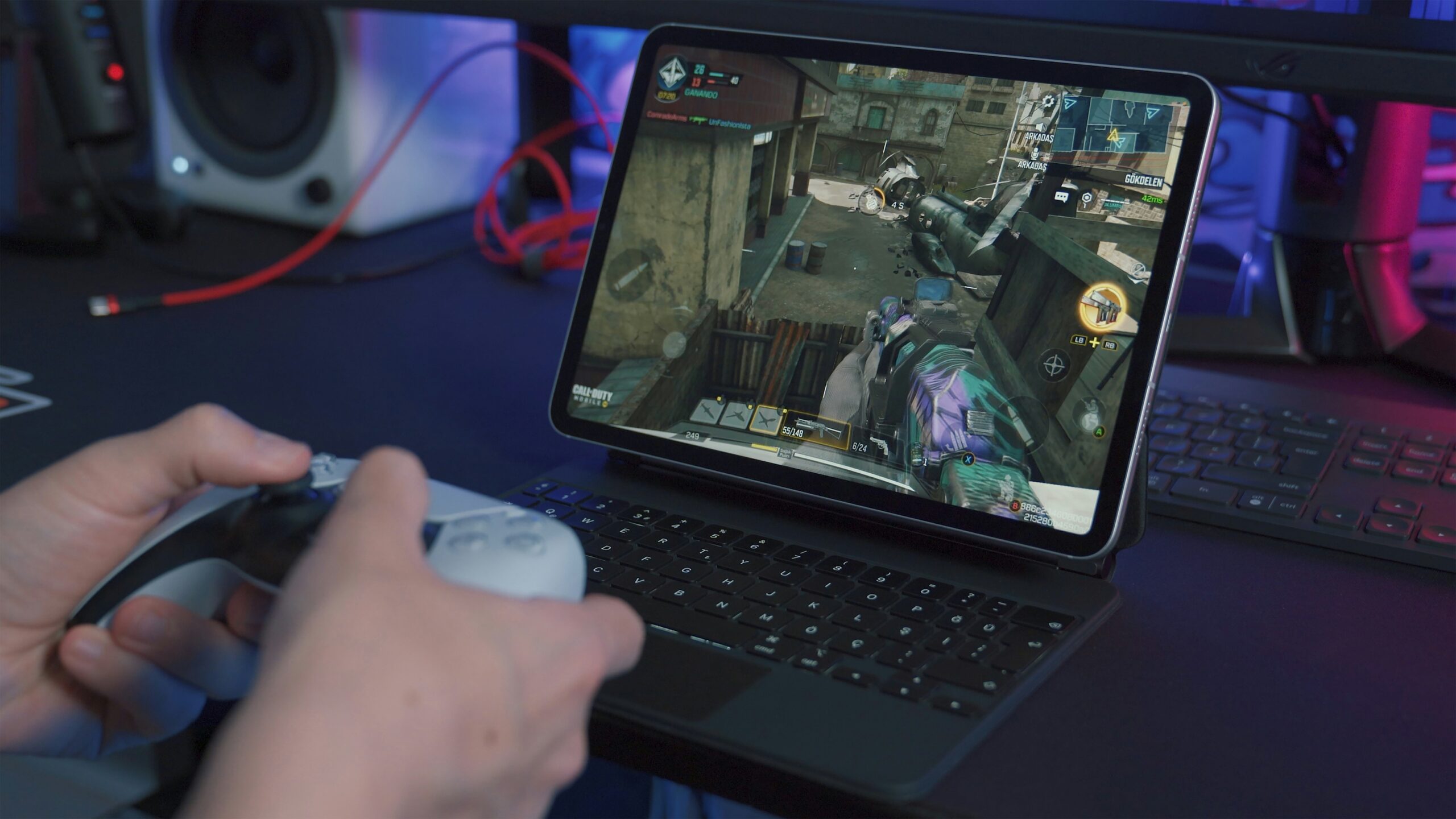Introduction to GitHub.io Games
GitHub.io, a subdomain provided by GitHub Pages, serves as a robust platform enabling developers to craft and showcase their projects, including games. By leveraging GitHub.io, developers can host their game projects directly from their GitHub repositories, making it a crucial tool within the development community. The process begins with the creation of a repository on GitHub, followed by configuring GitHub Pages to generate a web address on GitHub.io. This seamless integration permits developers to deploy and update their games with remarkable simplicity.
The essence of GitHub.io lies in its relationship with GitHub Pages, a static site hosting service that transforms markdown files into websites. GitHub.io extends this capability, specifically tailored for developers to share their interactive, browser-based games. As a result, it eliminates the conventional complexities associated with game deployment, providing an approachable avenue for game developers of varying expertise levels.
Moreover, the cost-effectiveness of GitHub.io is a significant advantage. Since it is included within the free tier of GitHub’s services, developers can host their games without incurring additional expenses. This financial accessibility democratizes game development, paving the way for both indie developers and hobbyists to publish and distribute their games widely.
Another notable benefit is the ease of deployment. Utilizing Git, developers can effortlessly push their updates to the repository, which are subsequently reflected on the GitHub.io hosted site. This means that improvements and new features can be rapidly integrated and shared with users, fostering an iterative development process.
Furthermore, GitHub.io harnesses the collaborative power of GitHub. Developers can benefit from collaboration via pull requests and code reviews, leveraging the vibrant GitHub community to enhance their game projects. The open-source nature of tools and libraries available on GitHub also provides a plethora of resources, aiding in the enrichment of game development.
Popular Games Hosted on GitHub.io
GitHub.io serves as a vibrant platform for a variety of innovative games, offering something for every type of player. Among its vast repository, certain games have risen in popularity due to their unique features and engaging gameplay. Here, we examine a selection of noteworthy github.io games across different genres.
1. 2048
An engaging puzzle game, “2048” has won the hearts of many with its simple yet challenging mechanics. The objective is to slide numbered tiles on a grid to combine them and create a tile with the number 2048. Its addictive nature and easy-to-learn rules make it an instant favorite among puzzle enthusiasts.
For strategy lovers, “Tower Defense” offers a compelling experience. The game requires players to strategically place towers along a path to fend off waves of enemies. With various towers and upgrades available, the game provides endless entertainment and strategic depth, appealing to both casual and hardcore strategy gamers.
The “Flappy Bird Clone” is an arcade game that tests players’ reflexes and patience. By clicking or tapping, players make a bird flap its wings to navigate through a series of pipes. Its simple controls and challenging nature have made it a popular choice for those seeking quick, fun gaming sessions.
4. CodeCombat
“CodeCombat” stands out as an educational game that teaches programming concepts through gameplay. Players write code in Python or JavaScript to control characters and complete quests. This innovative approach to learning programming makes it an excellent tool for students and anyone interested in honing their coding skills while having fun.
These examples represent just a fraction of the diverse and creative games available on GitHub.io. Each game offers its own unique appeal, from puzzle-solving and strategic thinking to quick reflexes and educational value. Whether you’re a seasoned gamer or just looking to try something new, the world of GitHub.io games has something to offer.
How to Build and Host Your Own Game on GitHub.io
Creating and hosting your own game on GitHub.io is an exciting venture for aspiring game developers. The first step is setting up a GitHub account if you don’t already have one. GitHub is a robust platform catering to version control and collaboration, making it an ideal choice for hosting your game.
Once your account is ready, the next phase involves creating a new repository. Navigate to your GitHub profile, click on the green “New” button, and fill in the repository name and other details. Make sure to initialize the repository with a README file, which will serve as a placeholder for project descriptions and documentation.
With the repository set, it’s time to write and deploy your game code. For simplicity, let’s assume you’re developing a simple HTML5 game. Structure your project with appropriate directories for HTML, CSS, JavaScript, and assets such as images and sounds. Write clean and modular code, ensuring that each part of the game is separated logically into different files and folders.
Designing game assets is a vital step in the development process. Tools like Photoshop, GIMP, or even Inkscape can be used to create visually appealing graphics. Remember, the performance of your game can be significantly affected by the size and optimization of your assets, so be diligent in optimizing your images and sounds.
After completing the development and asset design, you need to deploy the game. Push your local project files to the GitHub repository using Git commands or a GUI like GitHub Desktop. Once pushed, head back to your repository on GitHub and navigate to the “Settings” tab. Scroll down to the “GitHub Pages” section, and in the source section, select the branch you want to deploy—commonly the main branch—and save. In a few moments, GitHub will provide you with a URL where your game is hosted, usually in the format: yourusername.github.io/repositoryname.
Adhering to best practices, such as thorough documentation, efficient coding, and asset optimization, are essential for a smooth development and deployment process on GitHub.io. Common pitfalls like non-responsive design, large file sizes, and poor version control should be avoided to enhance the user’s experience.
The Future of GitHub.io Games
The landscape of GitHub.io games is poised for considerable evolution as emerging technologies and innovative approaches transform the development and gameplay experience. One of the most promising advancements is the integration of WebAssembly (Wasm), which enables high-performance execution of code written in multiple languages, facilitating complex game mechanics and more immersive user interactions. WebAssembly’s ability to run at near-native speed opens new avenues for developing intricate games directly accessible via GitHub.io.
Another exciting trend is the increasing prevalence of multiplayer capabilities through WebSockets. This technology allows for real-time, bi-directional communication between the game server and client, enabling developers to create dynamic, interactive multiplayer experiences. By leveraging WebSockets, GitHub.io games can now offer enhanced gameplay modes where players from across the globe can engage live, reflecting the growing demand for social and collaborative gaming experiences.
To support this evolution, improved game development frameworks are emerging. Tools such as Phaser, Babylon.js, and Three.js are continually being refined, providing developers with more robust and versatile options for creating engaging and visually appealing games. These frameworks streamline the development process, making it more accessible for both novice and experienced developers, thus democratizing game creation and fostering a richer diversity of games within the GitHub.io ecosystem.
Furthermore, the community of open-source game developers continues to grow, driven by the collaborative spirit intrinsic to GitHub. This community is instrumental in sharing knowledge, resources, and code, which collectively accelerates innovation and enhances the overall quality of games. Events like hackathons, game jams, and collaborative projects are pivotal in propelling the GitHub.io game landscape forward, as they bring together diverse talents and perspectives to solve problems and explore new ideas.
In essence, the future of GitHub.io games is vibrant and full of potential. As advanced technologies integrate with enhanced frameworks and a thriving community, the scope for innovation is boundless. Developers and players alike can look forward to a continuously evolving platform that pushes the boundaries of what web-based games can achieve.



Leave a Reply